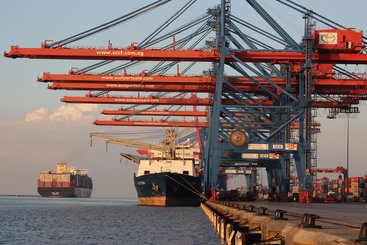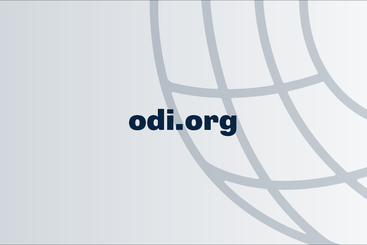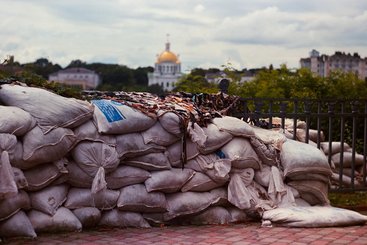Two years have passed since Russia invaded Ukraine, sending shockwaves around the world. While the fighting remains localised to Eastern Europe, its economic aftershocks continue to reverberate across Africa.
A recent report, "Impact of the Russia-Ukraine War on Africa: Policy Implications for Navigating Shocks and Building Resilience," examines the impact of this conflict on African economies and livelihoods. Compiled by ODI, the African Economic Research Consortium (AERC), the Economic Research Forum (ERF), and Partnership for Economic Policy (PEP), the research reveals the complex ways Africa has been caught in the crossfire featuring eight case studies covering Egypt, Ethiopia, Kenya, Morocco, Mozambique, Senegal, South Africa, and Sudan, as well as Africa-wide studies.
Critical trade routes severed
Russia and Ukraine were major suppliers of staples like wheat, fertilisers, and fuel to many African countries. The war has severely disrupted these supply chains, fuelling a devastating surge in food and fuel prices that has disproportionately hit the continent’s most vulnerable populations.
The numbers are staggering.
In Kenya and Egypt, for example, Russian and Ukrainian wheat once accounted for as much as 85% and 67% of imports respectively. Fertiliser, vital for agriculture, has also become scarce and expensive. Egypt, Ethiopia, Morocco, Senegal, and South Africa sourced 11%–41% of their fertiliser imports from Russia and Ukraine. As a result, food prices have soared, pushing millions into food insecurity.
Energy bills have surged, putting pressure on national budgets and household finances. Fuel prices in some countries have more than doubled, forcing governments to pass costs onto consumers or risk bankruptcy. The economic strain has also forced many African families to cut spending on once-affordable essentials, with the most vulnerable populations being hit the hardest.
Simulations in the report estimate that Africa's annual GDP could be $7 billion lower due to these shocks, but the real costs are likely even higher. The crisis threatens to derail Africa's post-pandemic recovery, with inflation threatening economic growth and vital trade disruptions impacting industries across the board.
Furthermore, the war's impact comes at a time when Africa is still reeling from economic setbacks caused by COVID-19. 18 million people were added to the already 546 million Africans living in poverty. A staggering 22% of the population faces dangerous levels of food insecurity.
Policy responses for resilience-building
The report outlines recommendations to help African governments strengthen resilience, protect vulnerable populations, and address the root causes of this crisis:
- Tailor responses to country contexts: The impact varies greatly between countries. Responses must be tailored, focusing on severely affected populations.
- Safeguard social safety nets: Governments must expand social safety nets to shield poor households, women, and other vulnerable groups from rising prices and safeguard food security.
- Engage in proactive monetary policy: Central banks must act decisively to control inflation and protect currencies from volatility triggered by the conflict.
- Promote trade and diversify supply chains: Strengthening trade cooperation across Africa and seeking alternative suppliers can help nations break free from reliance on a few key trade partners.
- Boost efficient domestic farm production: Investing in agricultural innovation, technology, and support for smallholder farmers can reduce food import dependence and build resilience.
The war in Ukraine is a stark reminder of the interconnectedness of our world. While the conflict may seem distant to some, its economic consequences have a profound impact on the lives of millions of Africans. Left unaddressed, these ripple effects risk undermining development gains and setting the continent back for years to come.





